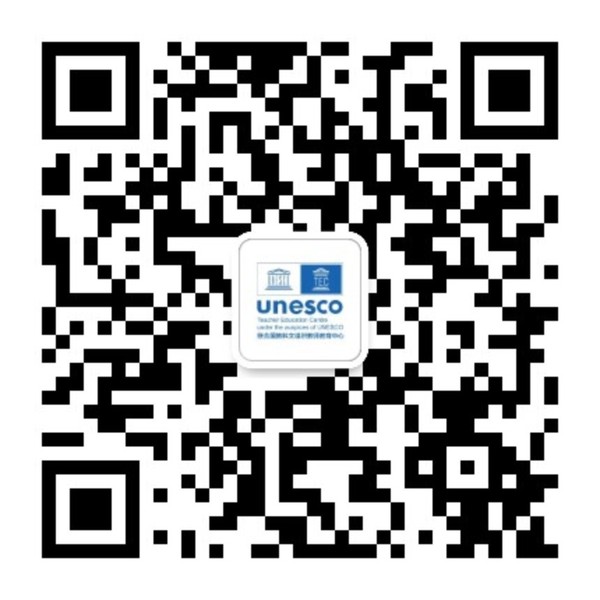On the morning of June 12, 2024, a seminar was held between the delegation of mathematics and science education curriculum leaders from the Hong Kong Special Administrative Region (HKSAR) and STEAM education experts from our university at No. 2 Lecture Hall of the Conference Center, Shanghai Normal University. Education professionals from Hong Kong, including Shi Junhui, Deputy Director of the Education Bureau, Government of the HKSAR; Tse Yuen-ching, Principal Assistant Secretary of the Education Bureau, Government of the HKSAR; Chen Zhilu, Deputy Director of the Education, Science and Technology Department, Liaison Office of the Central People's Government in the HKSAR; and Poon Wai-yin, Vice-Chancellor of The Chinese University of Hong Kong and Chairman of the Hong Kong Curriculum Development Council, engaged in in-depth exchanges with experts in the field of STEAM education, including Zhang Minxuan, Director of the UNESCO Teacher Education Centre, and Hu Zhen, Dean of the College of Civil Engineering and Architecture, Shanghai Normal University. The seminar was chaired by Wu Cheng, former Director of the Hong Kong, Macao and Taiwan Affairs Office of Shanghai Normal University.
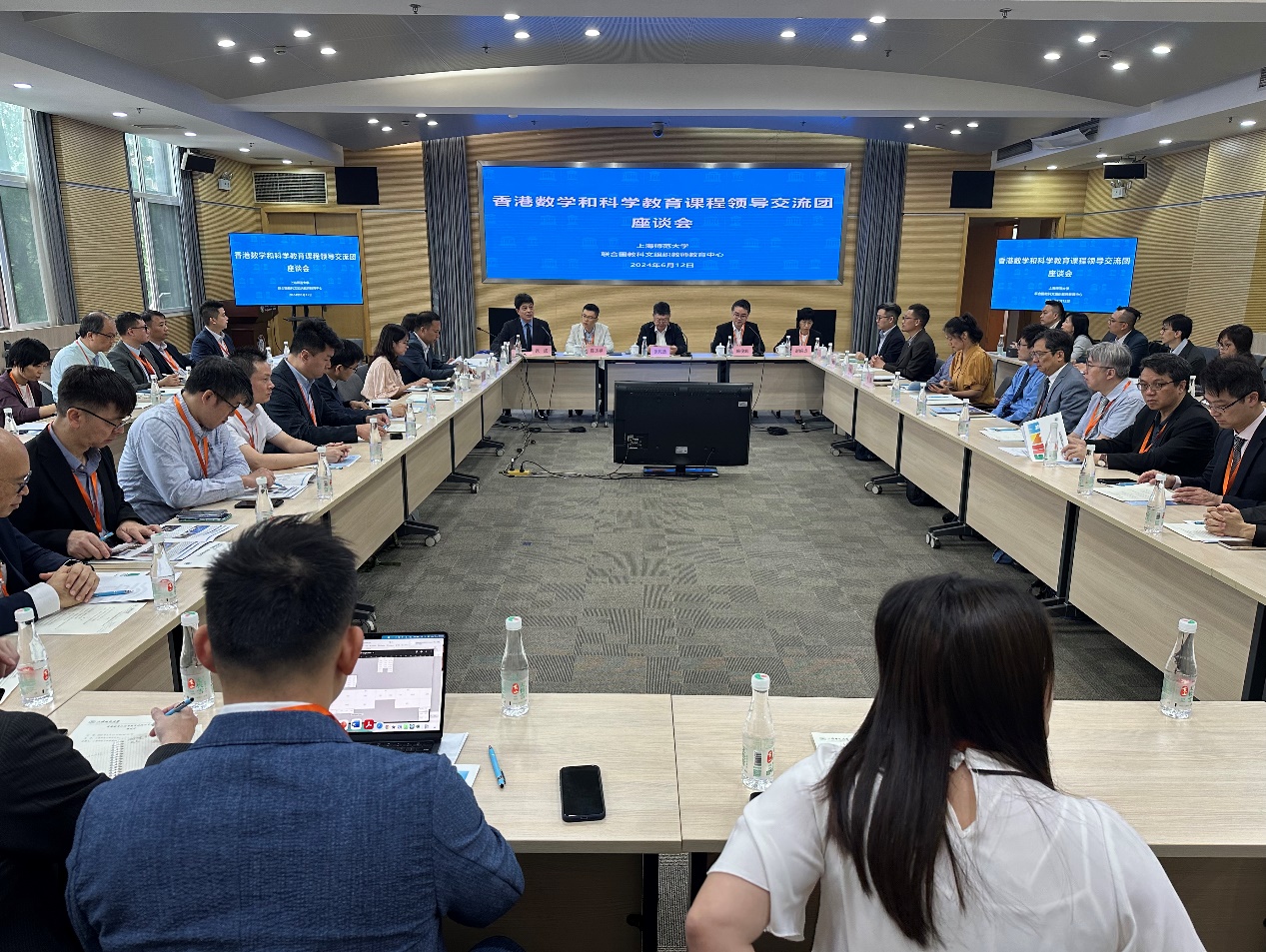
At the beginning of the seminar, Wu Cheng extended a warm welcome to the visiting Hong Kong educational delegation. Shi Junhui expressed gratitude to Shanghai Normal University for the thoughtful arrangements and warm reception for this exchange activity, and expressed great expectations for the event. Director Chen Zhilu explained the significance and specific themes of the delegation's visit, hoping that Shanghai and Hong Kong would promote deeper integration through educational exchanges.
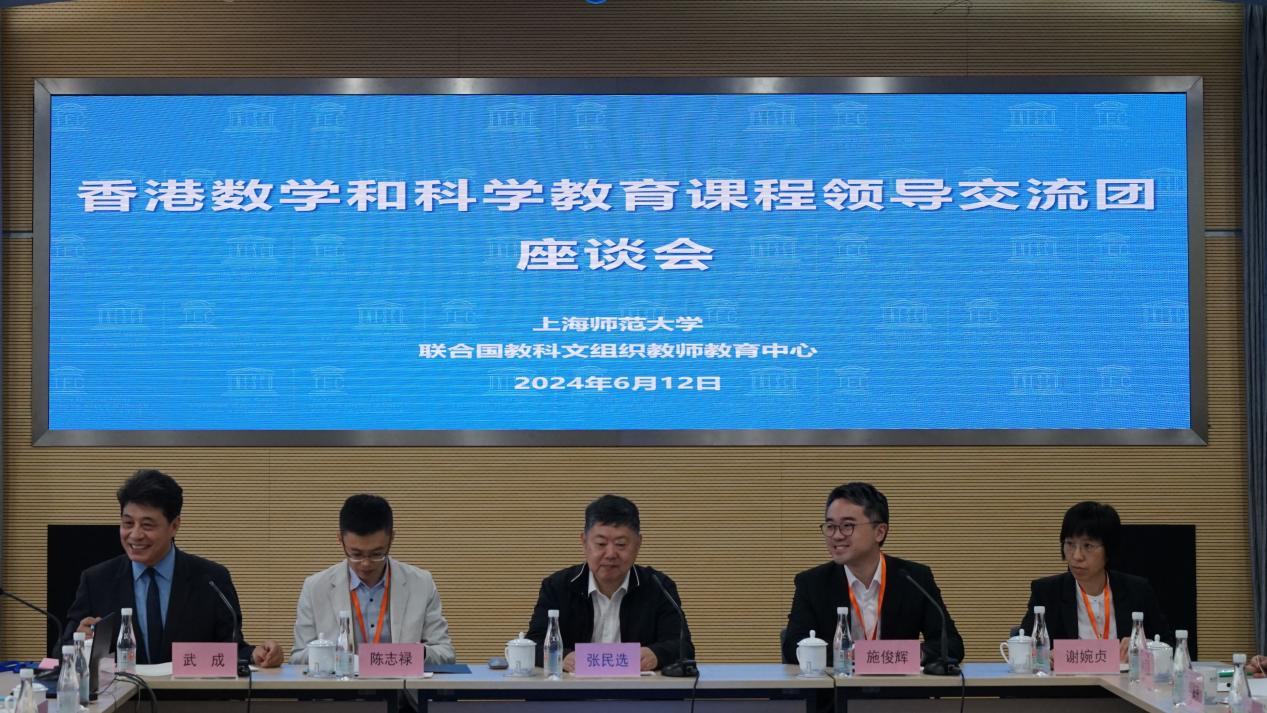
Focusing on the theme of the exchange, Director Zhang Minxuan gave an in-depth explanation from three aspects: what STEM education is, why it should be carried out, and how to carry it out. From an international and diverse perspective, he highlighted the significance and importance of STEM education. He also drew on the performance of students from Hong Kong and Shanghai in PISA tests in terms of innovative abilities and problem-solving skills, emphasizing that future STEM education should focus on cultivating teachers capable of solving practical problems, thereby laying a solid disciplinary foundation for fostering students' innovative abilities. His speech resonated strongly with the delegation.
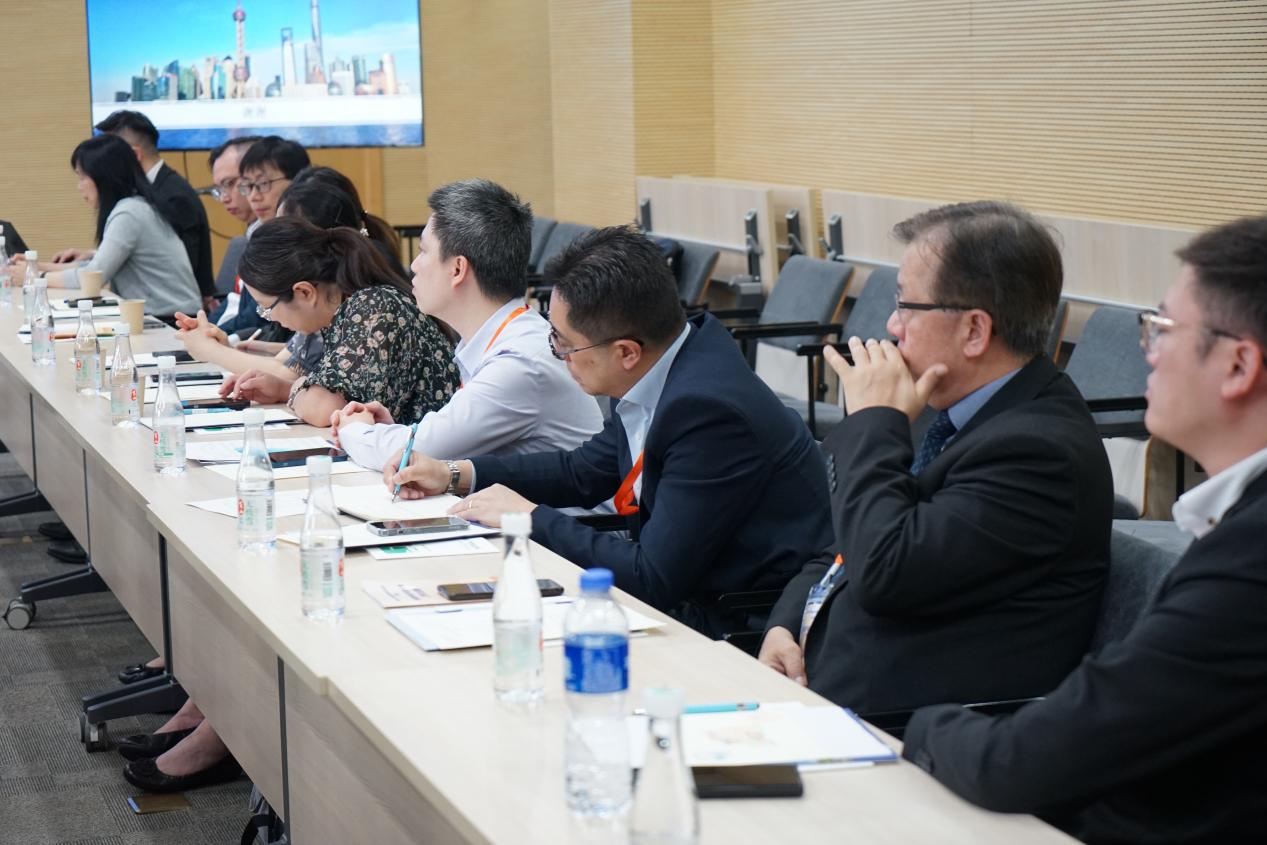
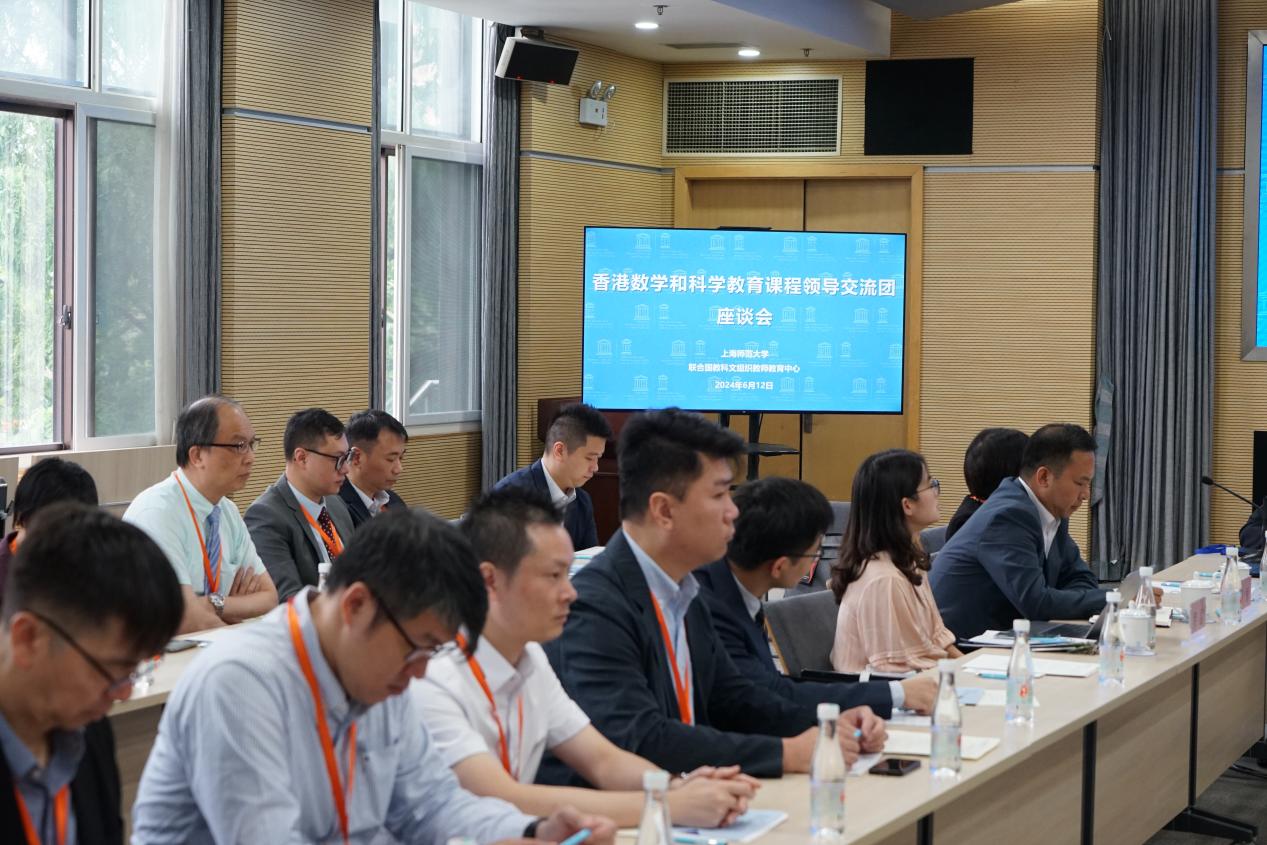
Subsequently, experts in the field of STEAM education from Shanghai Normal University took turns to introduce the development of mathematics, science, and engineering education. Professor Huang Xingfeng, an expert in mathematics education, focused on how to balance the arrangement of concrete and abstract content in mathematics teaching, and emphasized three levels of mathematics learning: seeing the world through a mathematical lens, thinking about the world with mathematical logic, and expressing the world in mathematical language.
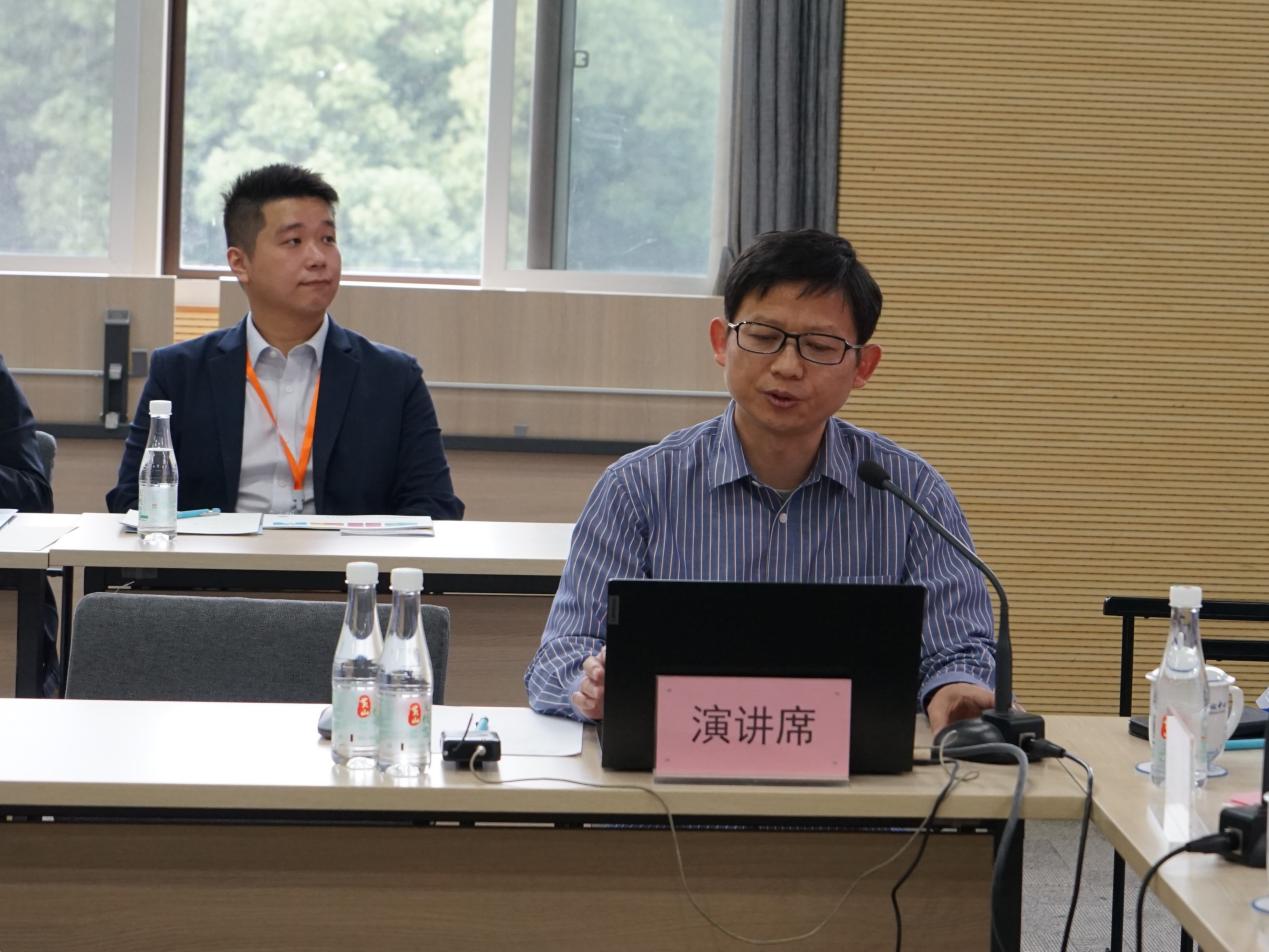
Associate Professor Li Hui, an expert in life sciences, took the series of courses Ecological Civilization Construction: Guarding Our Home as an example. Centering on the current situation of high school science education and university science education, she pointed out that high school courses need to start with phenomena, guide students to identify various influencing factors, focus on key points through analysis, and cultivate students' awareness of global issues.
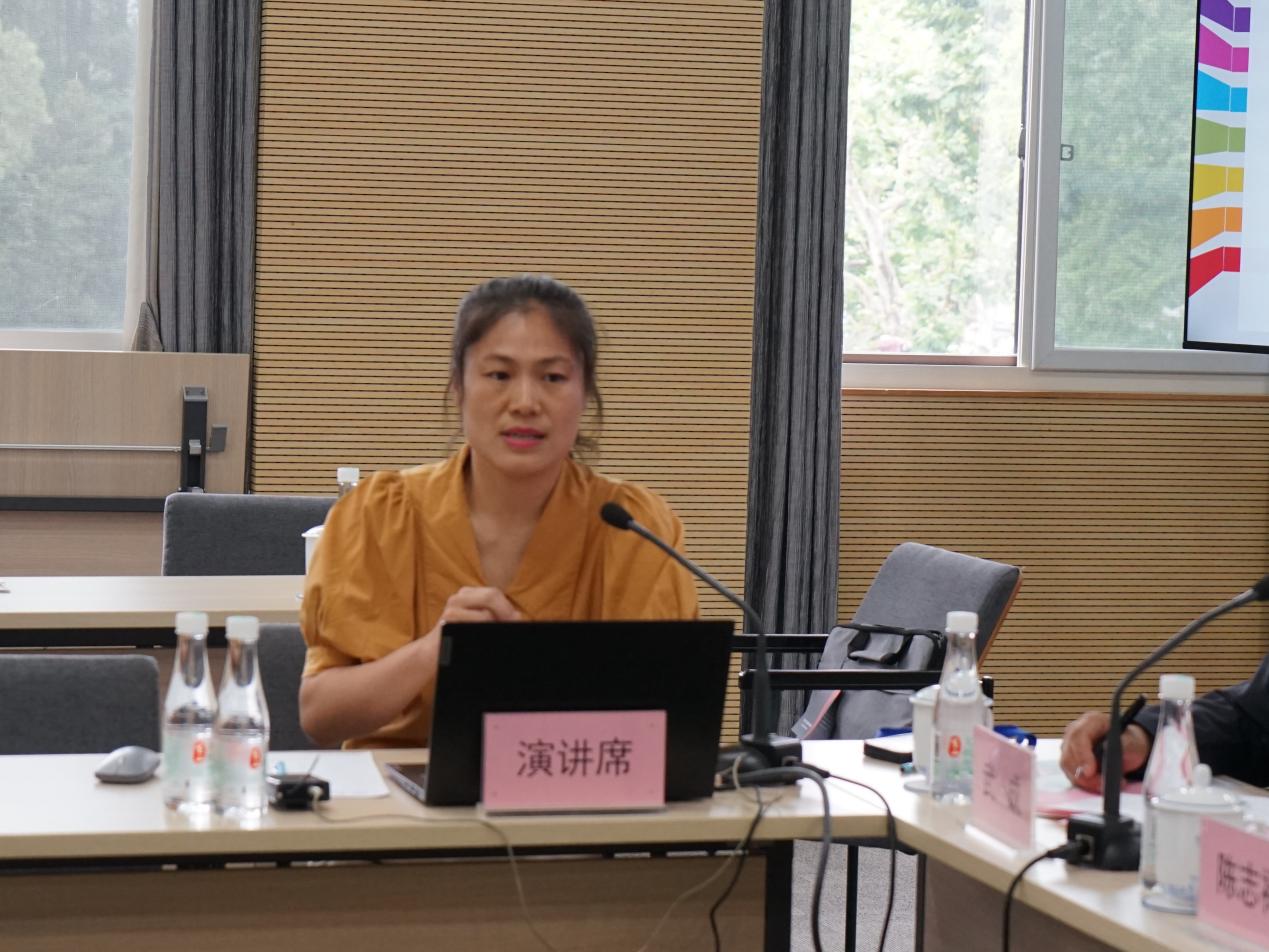
Dr. Luo Jing, an expert in engineering education, shared insights from three dimensions: engineering thinking, talent cultivation, and practical models. She noted that education in the information age should be based on core competencies, and on this basis, improve students' interdisciplinary abilities. She introduced the project-based learning courses offered by the STEM education program at our university, providing the audience with cases to gain an in-depth understanding of engineering education practices.
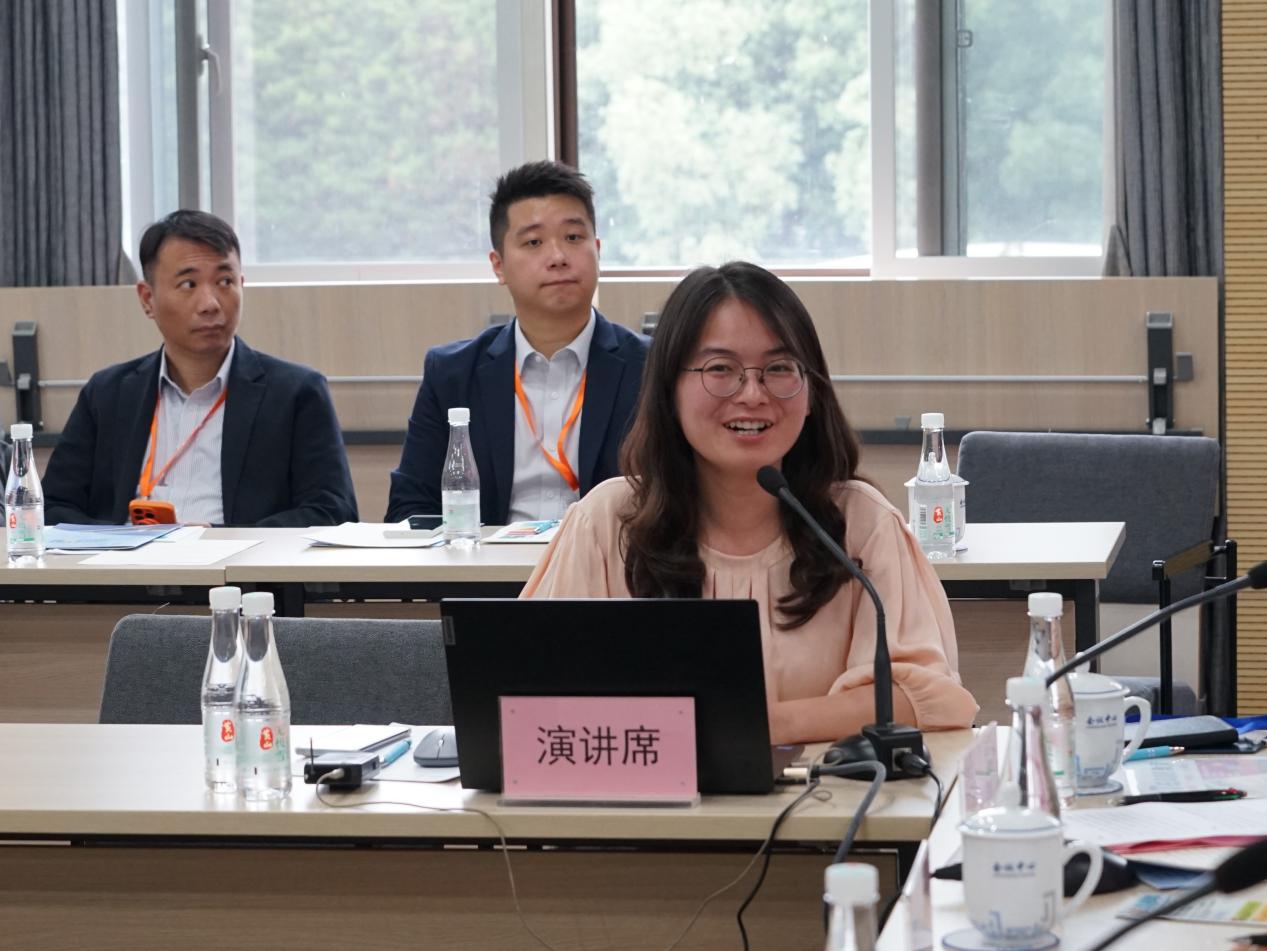
In the Q&A session, experts and scholars from both places had lively discussions and exchanges on issues such as how to better carry out foreign language teaching in the STEAM field, interdisciplinary integrated teaching in engineering education, and the flexible application of mathematics in science education.
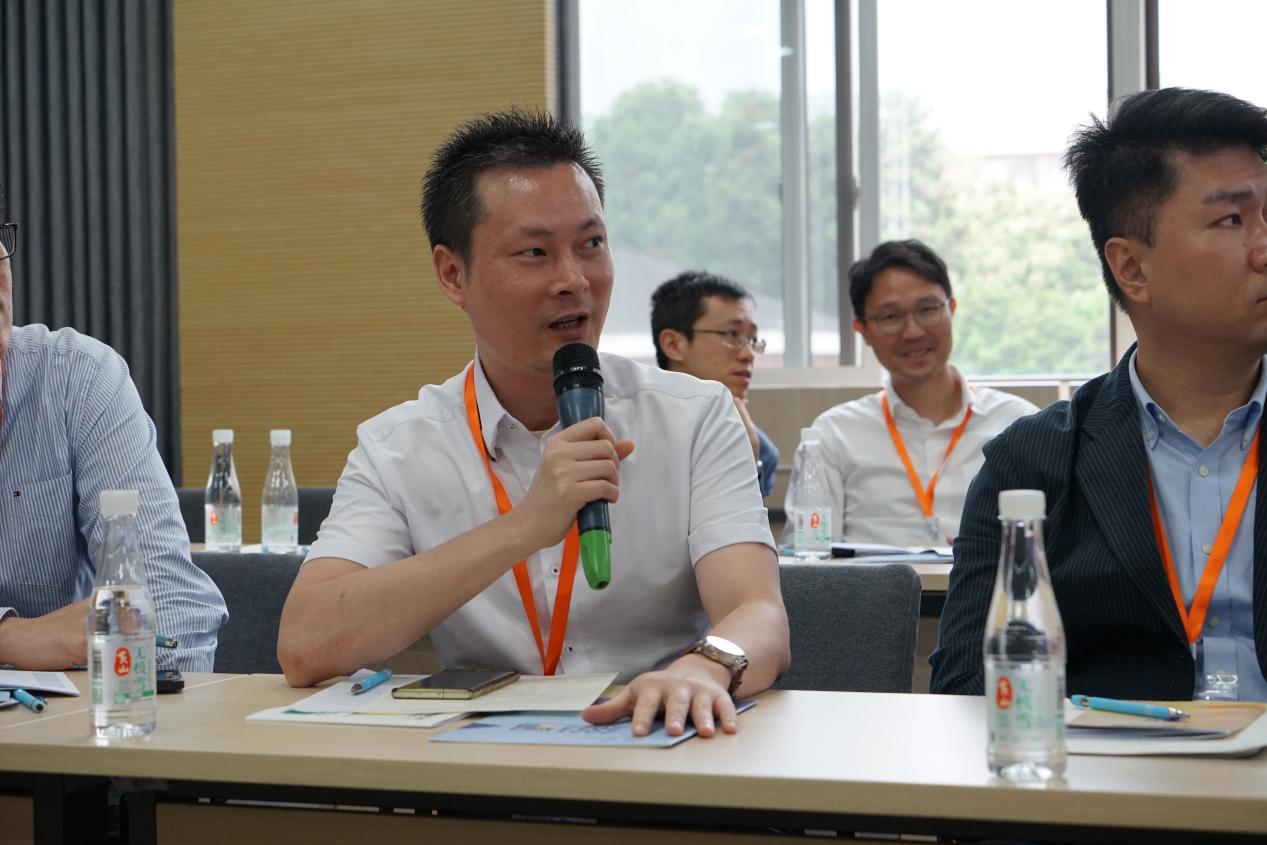
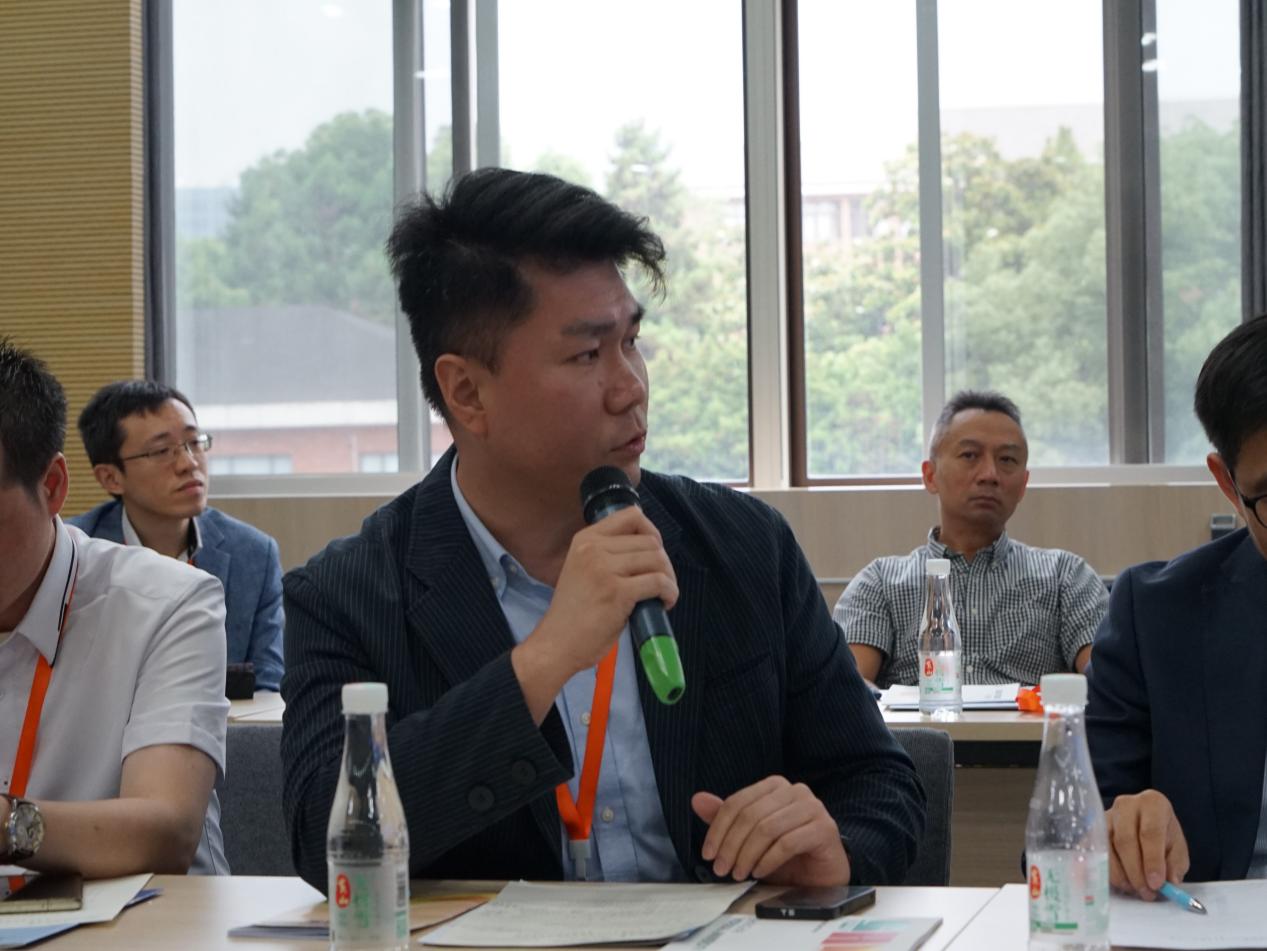
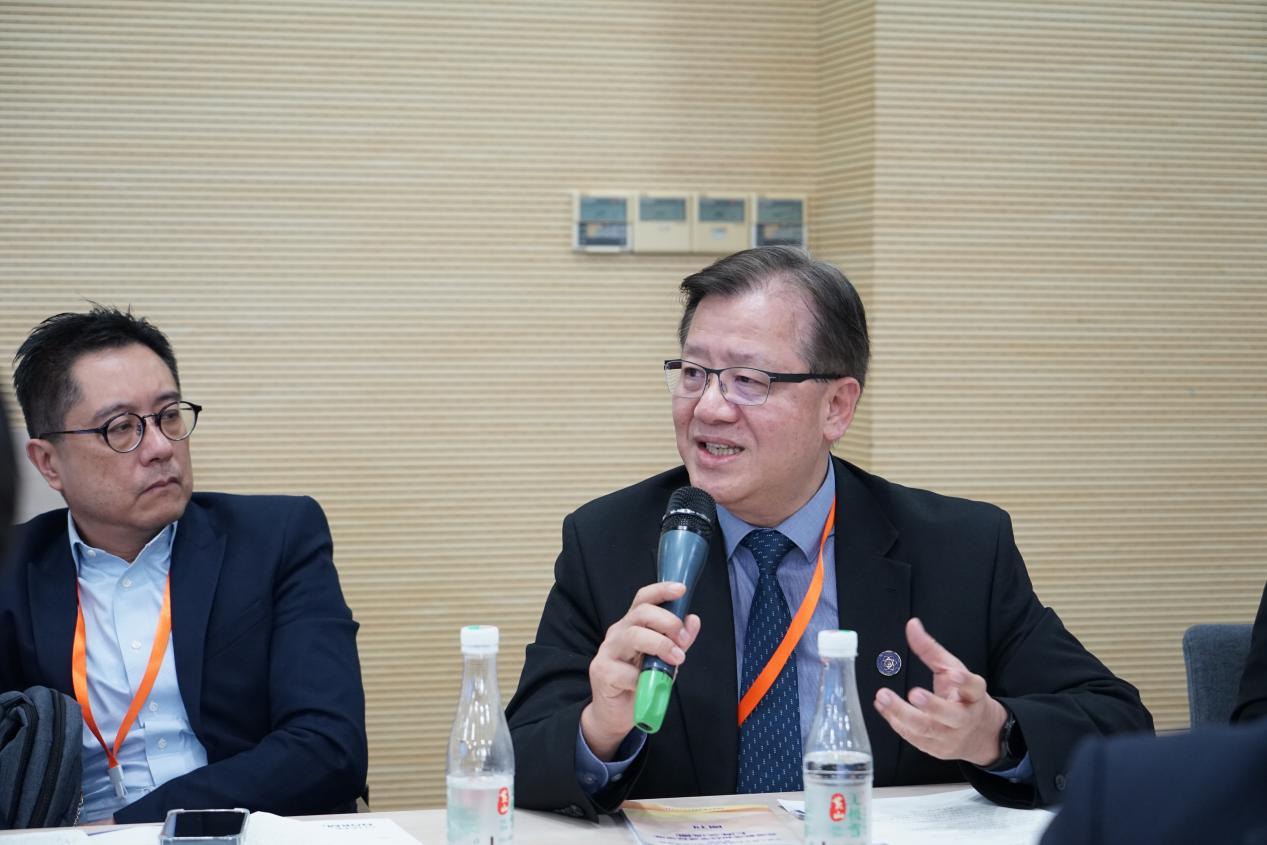
Dr. Lam Wai-lim, Chief Curriculum Development Officer (Science) of the HKSAR, and Mr. Li Chun-yu, Chief Curriculum Development Officer (Mathematics) of the HKSAR, delivered speeches respectively, sharing their reflections on the seminar, summarizing the gains from the exchange, and expressing hope that Shanghai and Hong Kong would carry out more extensive and in-depth exchanges and cooperation in the field of STEAM education in the future.
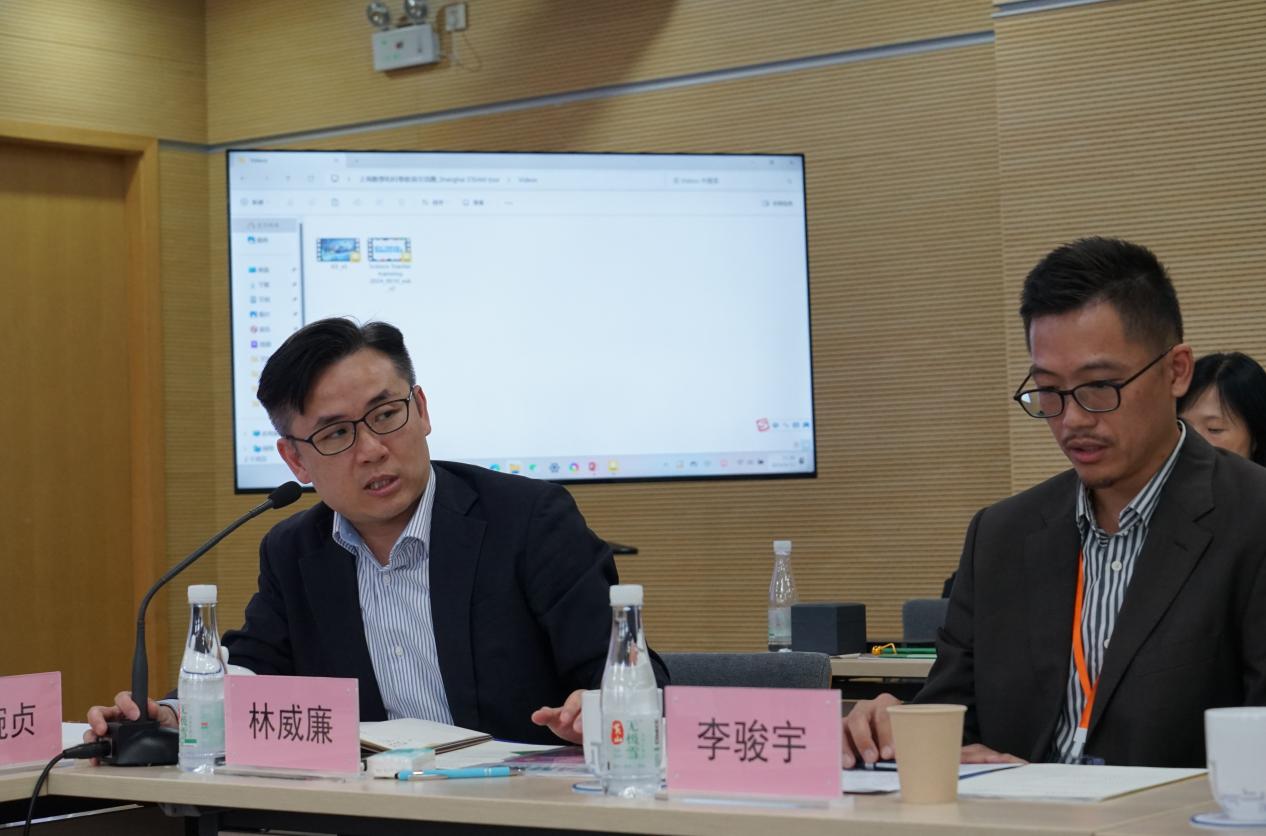
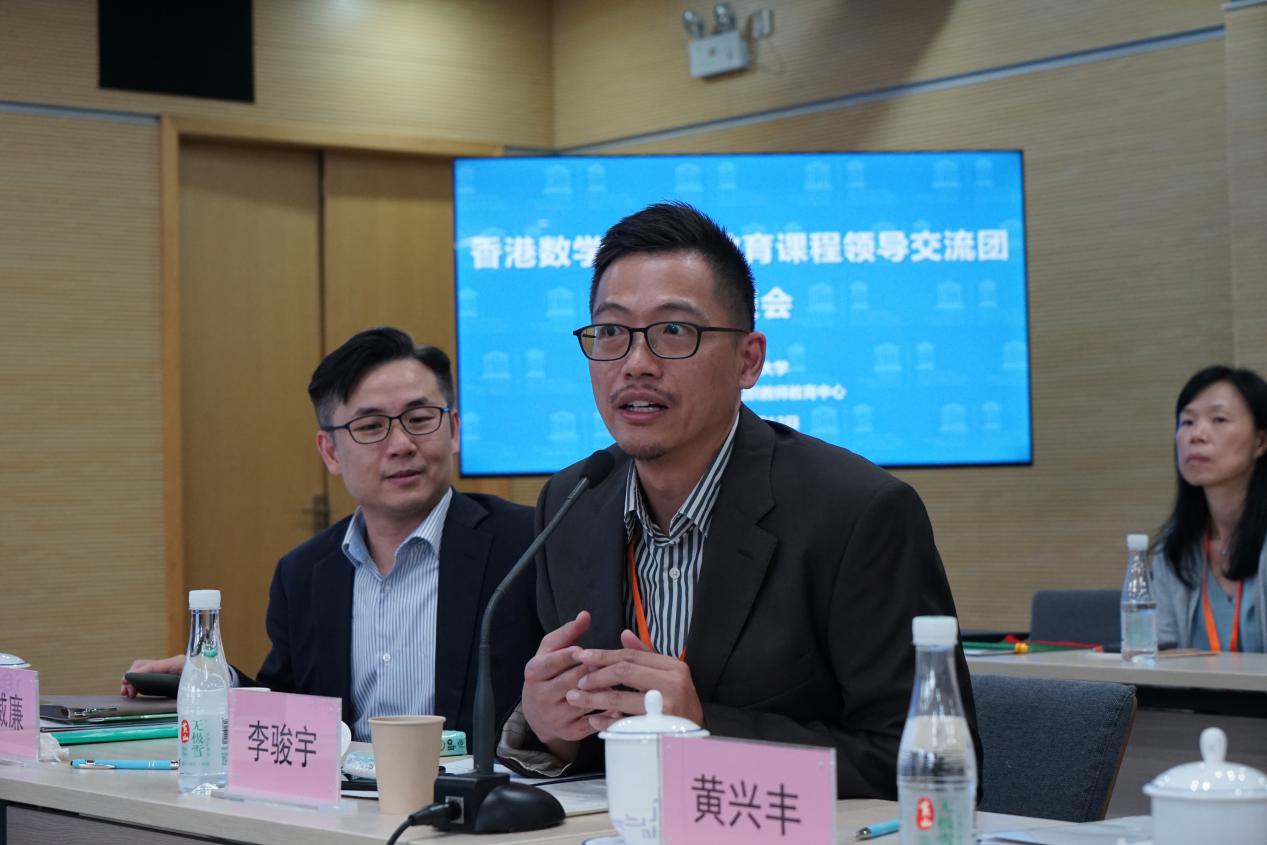
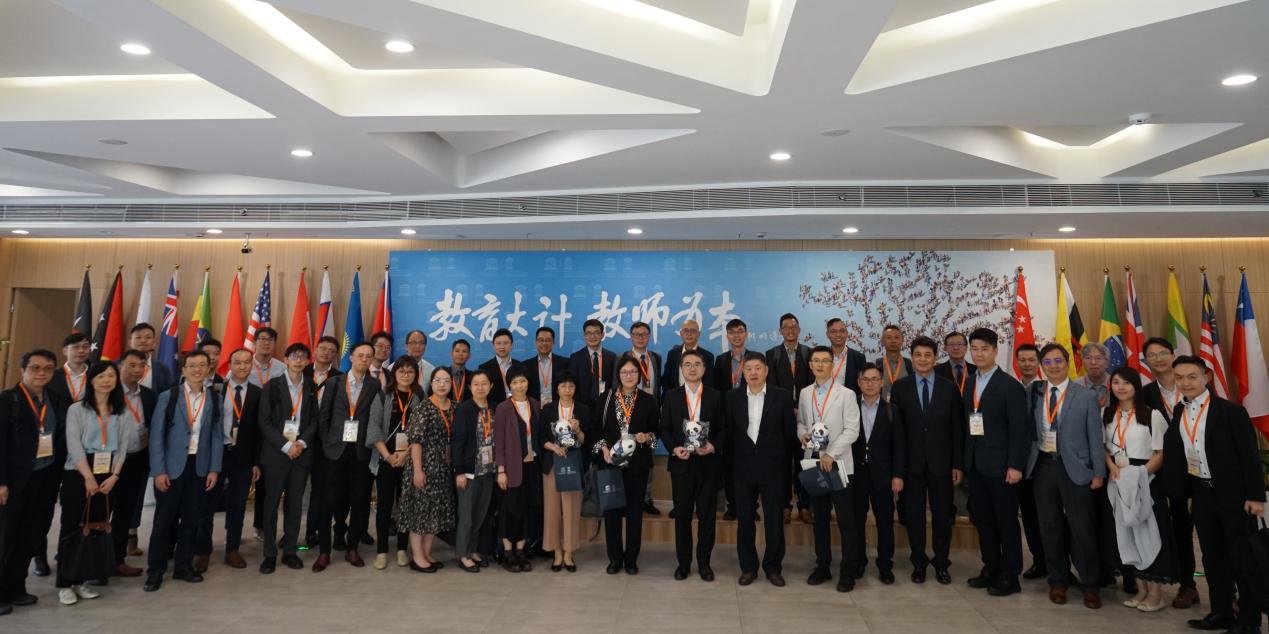
Contributed by & Photos by: UNESCO Teacher Education Centre, Hong Kong, Macao and Taiwan Affairs Office of Shanghai Normal University




